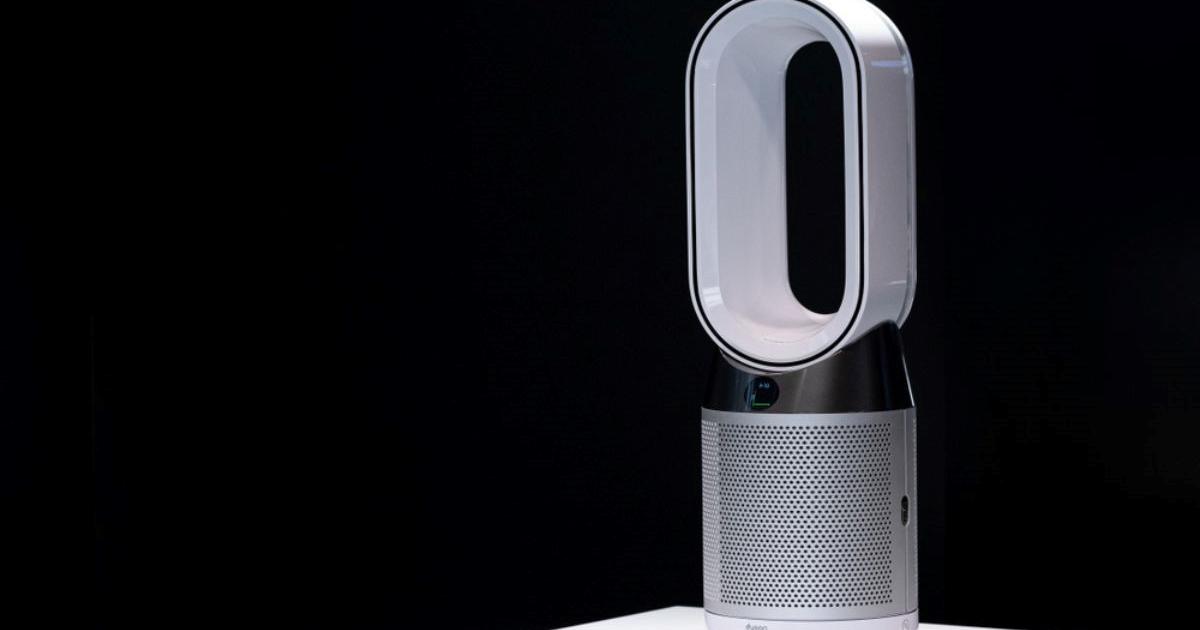Epidemiologist Mahmoud Zureik repeats: “Any measure that results in reduced contact will be effective.
And it is therefore that of the advanced curfew, nibbling two hours a day of our social life, largely impoverished, which was retained by the government in the face of the risks of the worsening of the Covid-19 epidemic.
This restriction was already in force in 25 departments.
From now on, all of metropolitan France will stay at home from 6 p.m. from this Saturday, January 16, "for at least two weeks," Prime Minister Jean Castex announced on Thursday during his press conference on the health situation.
If the end-of-year celebrations did not lead to an epidemic outbreak, as feared by the authorities, this injunction to stay at home must respond to a “controlled” but “fragile” situation with nearly 16,000 new infections. day currently, according to the Prime Minister, while 24,983 patients were hospitalized Thursday evening because of the Covid-19.
This time, the government has chosen a national measure, because there is no longer a department where the incidence rate is below the first alert threshold, that is to say less than 50 new contaminations per 100,000 inhabitants in one week.
And the viral dynamic is now strongest in the western half, until then spared.
VIDEO. What to remember from Jean Castex's announcements of January 14
It is therefore on the method of "preventive braking" that the government has bet, hoping to avoid a third reconfinement.
But what is the real impact of the curfew?
What do the numbers say?
Between 20% and 25% drop in mobility
Although few studies exist in France on the subject, one of them, carried out by the National Institute of Health and Medical Research (Inserm), sheds new light and reveals its effectiveness.
The team of experts, which has just communicated its results to the scientific council, relied on telephone data, in collaboration with the operator Orange, to compare the nocturnal movements of inhabitants living in departments under curfew or no, before the second confinement decided at the end of October.
“We found that mobility had fallen from 20% to 25% in the places where this measure had been taken,” explains one of the authors, Vittoria Colizza, director of research at Inserm.
And a week later, the epidemic's growth rate declined from 0.06 to 0.02 per day.
This reinforces the interpretation of a causal link between curfews, reduced mobility and reduced circulation of the virus, ”concludes this specialist in epidemic modeling, while the study is still in progress.
Morning essentials newsletter
A tour of the news to start the day
Subscribe to the newsletterAll newsletters
However, this drop can only be attributed to the curfew alone, school holidays also played a role, without it being possible to say which of the two factors had a predominant role.
“There was a double effect,” says Vittoria Colizza.
Therefore, a question arises: will this curfew be as effective as the first?
The context is not the same.
First, it does not coincide with the holidays, during which the students and employees have deserted schools and offices, this time, the restaurants are closed and it is only a matter of bringing it forward by two hours.
"An impact on aperitif time"
“I am convinced that lowering the time of exit to 6 pm will further reduce the epidemic, advance epidemiologist Dominique Costagliola.
But I do not know if this will be sufficient, on this subject, a small uncertainty remains, ”she concedes, recalling that the threat of the British and South African variants must require strong measures.
“Containment by region, that would make sense”.
The infectious disease specialist at Grenoble University Hospital Jean-Paul Stahl, he wants to be optimistic.
"It's two hours less of potential contamination and that will have an impact on the aperitif time".
READ ALSO>
Curfew at 6 pm: travel, childcare, shopping ... our answers to your questions
But for epidemiologist Mahmoud Zureik, "this one will probably not be very important".
Especially since the concentration of the population before 6 pm worries it "if you crowd in the metro to come home from work or do your shopping".
The Prime Minister, he affirms, this measure has already proved its worth in the departments where the curfew was advanced from January 2: "the increase in the number of new cases is two, or even three times, more weak than in other departments ”. In one of them, at the Nord-Ardennes intercommunal hospital, “it allowed, we are told, to avoid a post-holiday rebound that we could fear. On the other hand, we do not yet feel this loosening at the level of intensive care services. "









